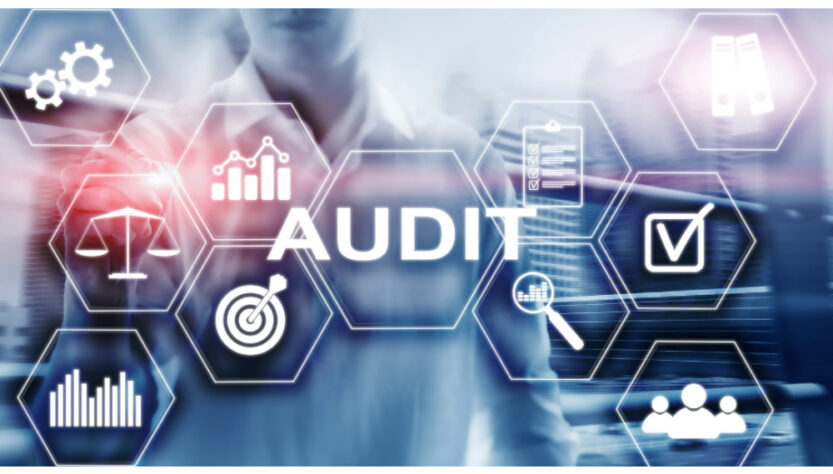Every day, healthcare organizations face growing challenges related to data security, privacy, and compliance. As more and more patient health information makes its way into digital formats, keeping it secure and compliant is a top priority for healthcare professionals. Enter GRC audit software, a solution designed to help streamline the governance, risk, and compliance processes within organizations. In this article, we’ll discuss the benefits of implementing GRC audit software and help healthcare decision-makers make the right choice for their organization.
The Importance of GRC in Healthcare
As we all know, healthcare organizations are under increasing pressure to ensure compliance with multiple regulations, such as HIPAA, HITECH, and GDPR. Non-compliance can result in significant fines, disrupted operations, and damaged reputations. This is where GRC audit software comes into play.
GRC audit software serves as a unified platform to manage governance, risk, and compliance processes in healthcare organizations. It automates many of the manual tasks associated with tracking, reporting, and resolving compliance issues. Implementing effective GRC audit software can lead to increased efficiency, more robust risk management, and ongoing compliance with ever-changing regulations.
Key Features to Look for in GRC Audit Software
1. Centralized Monitoring and Reporting
A well-designed GRC solution should provide a centralized dashboard that enables you to monitor and track compliance-related activities throughout your organization. This dashboard should include customizable reports that make it easy to identify areas of concern and improvement.
2. Risk Management and Assessment
The software should provide a comprehensive framework for identifying, assessing, and prioritizing risks across your organization, allowing you to quickly address vulnerabilities and avoid potential breaches.
3. Regulation and Standards Mapping
GRC software should be able to map various regulations and standards to specific organizational policies and procedures. This makes it easier for healthcare providers to ensure adherence to different compliance requirements.
4. Policy and Procedure Management
Efficient GRC software should also offer a centralized repository for managing policies and procedures, with version control and automated updates. It should also have capabilities for distributing policies and tracking employee attestation.
5. Integration with Existing Systems
Choose a GRC platform that can integrate with your existing systems and processes to provide an interconnected, comprehensive governance, risk, and compliance solution. This will help reduce redundancies and streamline processes, ultimately saving time and money.
6. User-Friendly Interface
The best GRC audit software should be user-friendly and intuitive, ensuring that all team members can easily navigate the platform to perform tasks without extensive training.
Considerations for Choosing the Right Vendor
When selecting a vendor for GRC audit software, consider the following:
- Reputation and Experience: Look for a vendor with a proven track record of success in the healthcare industry.
- Customization Options: Every organization has unique needs, so opt for a vendor that offers customization options to tailor their software to your specific requirements.
- Data Security Features: Given the sensitivity of patient data, ensure that the software you choose has robust security measures in place to protect against potential breaches.
- Training and Support: Look for a vendor that provides extensive training and ongoing support for your team, ensuring a smooth implementation process.
By choosing the right GRC audit software and vendor, organizations can effectively manage their governance, risk, and compliance processes. One may also check out this blog to know the ways GRC platforms can help MSSPs if they are seeking to expand their service offerings. So, take the time to evaluate your organization’s specific needs and carefully choose a solution that will help you achieve compliance, mitigate risks, and protect sensitive data.
Wrapping Up
GRC audit software is a crucial tool for healthcare organizations looking to streamline their governance, risk, and compliance processes. When evaluating solutions, be sure to consider features such as centralized monitoring and reporting, risk management capabilities, integration with existing systems, and user-friendly interfaces. Additionally, carefully choose a reputable and experienced vendor that can provide ongoing support and customization options tailored to your organization’s specific needs. By implementing an effective GRC solution, healthcare organizations can better protect sensitive data and maintain compliance with ever-changing regulations.


